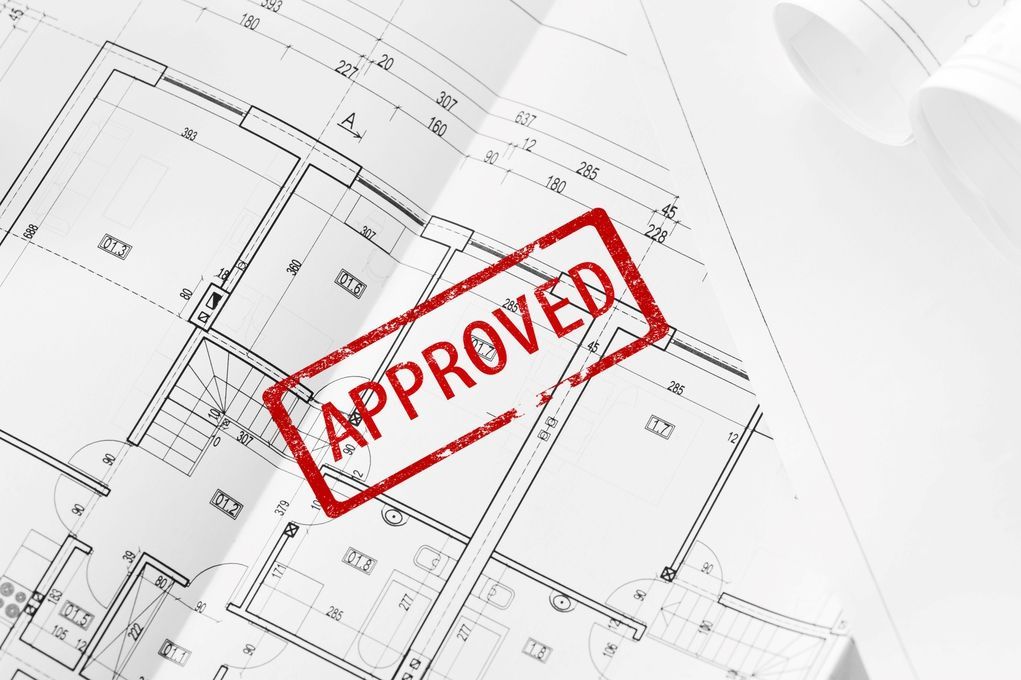Understanding Flat Roofs: Pros, Cons, and Maintenance Tips
When it comes to roofing options, flat roofs have gained popularity among UK homeowners for their modern and sleek appearance. However, like any roofing choice, flat roofs come with their own set of pros, cons, and maintenance requirements. In this article, we'll dive into the world of flat roofs, exploring their benefits, drawbacks, and essential maintenance tips for homeowners in the Manchester area.
The Pros of Flat Roofs
1. Aesthetic Appeal
Flat roofs offer a contemporary and minimalistic design that can complement various architectural styles. Their clean lines and low profile contribute to a modern and appealing visual aesthetic, making them an attractive choice for many homeowners
2. Space Utilisation
Unlike pitched roofs, flat roofs create usable outdoor spaces. Homeowners can transform these areas into rooftop gardens, terraces, or even recreational spaces. This efficient use of space adds functionality to your property and enhances your living experience.
3. Accessibility
Maintenance and repairs on flat roofs are often easier due to their accessibility. Professionals can easily access the surface, making inspections and repairs more straightforward. This accessibility can also translate to cost savings over time.
4. Energy Efficiency
Flat roofs can be an advantage in terms of energy efficiency. They provide an ideal platform for the installation of solar panels, which can generate clean and sustainable energy for your home. The flat surface also reduces heat loss during colder months, contributing to improved energy conservation.
5. Modern Design Possibilities
Flat roofs offer more design flexibility, allowing homeowners to experiment with modern materials and finishes. From reflective coatings that enhance energy efficiency to innovative drainage solutions, the possibilities for customizing your flat roof are vast.
The Cons of Flat Roofs
1. Drainage Issues
One of the significant challenges with flat roofs is drainage. Unlike pitched roofs, flat surfaces don't naturally shed water, which can lead to pooling and leaks if not properly designed and maintained. Clogged drains and improper slope can exacerbate these issues.
2. Maintenance Intensity
Flat roofs require regular maintenance to prevent water buildup and deterioration. Debris, leaves, and dirt can accumulate on the surface and in drains, causing blockages that compromise drainage and structural integrity. Ignoring maintenance can lead to costly repairs down the line.
3. Durability Concerns
Compared to pitched roofs, flat roofs tend to have a shorter lifespan. They are more susceptible to wear and tear from weather elements, UV radiation, and foot traffic. Choosing high-quality materials and scheduling routine inspections can help extend the life of your flat roof.
4. Susceptibility to Leaks
The nature of flat roofs makes them more prone to leaks, especially if they're not adequately sealed and maintained. Even minor leaks can lead to extensive water damage, affecting the interior of your home and potentially leading to mould growth.
5. Initial Installation Costs
While the long-term maintenance costs of flat roofs can be relatively lower, the initial installation costs are often higher compared to traditional pitched roofs. This can be attributed to the specialized materials, additional insulation, and waterproofing requirements of flat roofs.
Maintenance Tips for UK Homeowners
1. Regular Inspections
Schedule routine inspections at least twice a year, ideally before and after the rainy season. Check for signs of damage, ponding water, and debris accumulation. Address any issues promptly to prevent them from worsening.
2.Clear Debris
Keep the roof surface and drains clear of leaves, branches, and other debris that can obstruct proper drainage. Trim nearby trees to minimise the amount of debris falling onto the roof.
3. Address Ponding Water
If you notice areas of standing water after rain, it's crucial to address the issue immediately. Ponding water can accelerate roof deterioration and lead to leaks. Consult a professional roofer to determine the best drainage solution for your roof.
4. Maintain Seals and Flashing
Regularly inspect and maintain the seals around vents, chimneys, and other roof penetrations. Damaged or deteriorated seals can be a prime entry point for water. Replace any damaged flashing to ensure a watertight seal.
5. Professional Maintenance
While some maintenance tasks can be DIY, it's recommended to hire a professional roofing company for more complex inspections and repairs. They have the expertise and tools to identify underlying issues that might not be immediately visible.
6. Address Repairs Promptly
If you notice any signs of damage, such as cracks, blisters, or loose materials, address them promptly. Small issues can escalate quickly, leading to more extensive damage and costly repairs.
7. Consider Coatings
Applying reflective or protective coatings to your flat roof can enhance its durability and energy efficiency. These coatings can help mitigate UV damage and extend the life of your roof.
Conclusion
In conclusion, flat roofs offer a modern aesthetic and space-saving benefits, but they also come with their fair share of challenges. To make the most of a flat roof's advantages while minimising its drawbacks, proactive maintenance is key. Regular inspections, proper drainage, and timely repairs can help ensure the longevity and performance of your flat roof. If you're considering installing a flat roof or already own one, partnering with a reputable roofing company like
Roofers Manchester
can provide the expertise needed to navigate the unique demands of flat roof ownership. Remember, a well-maintained flat roof can provide you with a sleek and functional living space for years to come.
You might also like
Roofers Manchester



